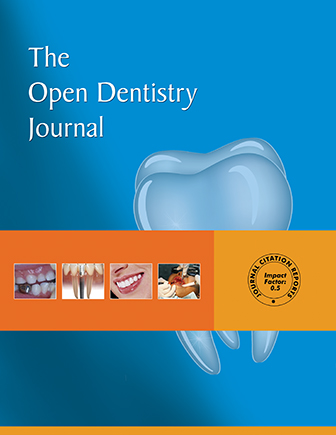Effect of Herbal Echinacea on Recurrent Minor Oral Aphthous Ulcer
Abstract
Background:
The oral aphthous is a common oral ulcer with intense pain and there is no treatment for it, yet. Echinacea is an herbal medicine that moderated the immune system.
Objective:
The aim of this study was to investigate the effects of Echinacea on the treatment of aphthous ulcer.
Methods:
50 patients with minor aphthous participated in our study. 25 patients take 3 tablets in a day for five weeks (case group) and 25 patients didn’t take any tablets (control group). The patients were monitored for one month before taking the tablets for six months. During this period, the number of lesions, complete improvement of ulcers, recurrence rate and intensity of pain were considered in each month. Finally, the Friedman and ANOVA tests used to analyze the obtained data.
Result:
Our study showed a significant difference between a number of lesions during six-month in case and control groups (p>0.001). In this way, we observed that the number of lesions was decreased significantly after six months in the case group. Hence, ANOVA analysis showed a significant decrease between each month for the intensity of pain (p=0.025), complete improvement (p<0.001) and recurrence rate (p=0.026).
Conclusion:
In conclusion, we showed that Echinacea tablets as an herbal medicine have positive effects on a number of lesions, intensity of pain, complete improvement and recurrence rate in patients with recurrent minor aphthous ulcers.


